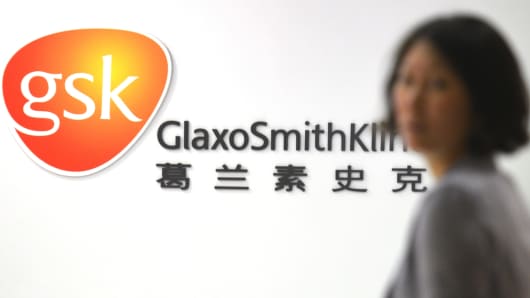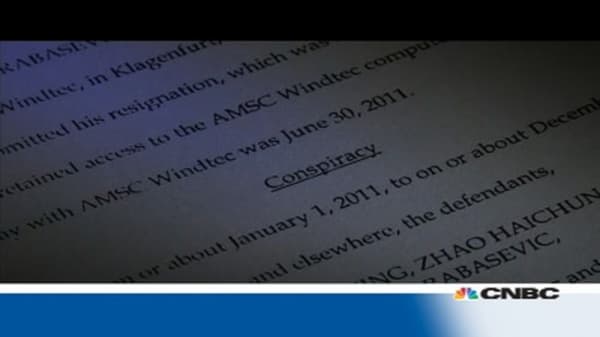High-profile actions against Western companies in China in recent months suggest the world's second-biggest economy is starting a new era of toughness on corruption, possibly ignited by last year's change in Communist Party leadership.
The apparent crackdown has hit some of the West's biggest corporate names. Pharmaceutical giant GlaxoSmithKline is under investigation over corruption allegations and Nestle and Danone cut the price of their infant milk formula after a government investigation into alleged price fixing.
(Read more: New Chinese milk scandal - this time with a Western culprit)
"There has indeed been a sharp acceleration of such cases being launched by the government," analysts at Bank of America Merrill Lynch wrote in a research note.
"There can be many reasons behind this, in our opinion,including addressing social tension and trade negotiation tactics. Anyhow, we suspect that this is not a short-term phenomenon and there may be more cases launched."
China is less dependent on foreign investment after a period of strong economic growth.
The changing of the guard in Chinese officialdom, after Xi Jinping took over as leader of China and the Communist Party last year, has left some Western companies in trouble as the people they have established relationships with fall from power.





